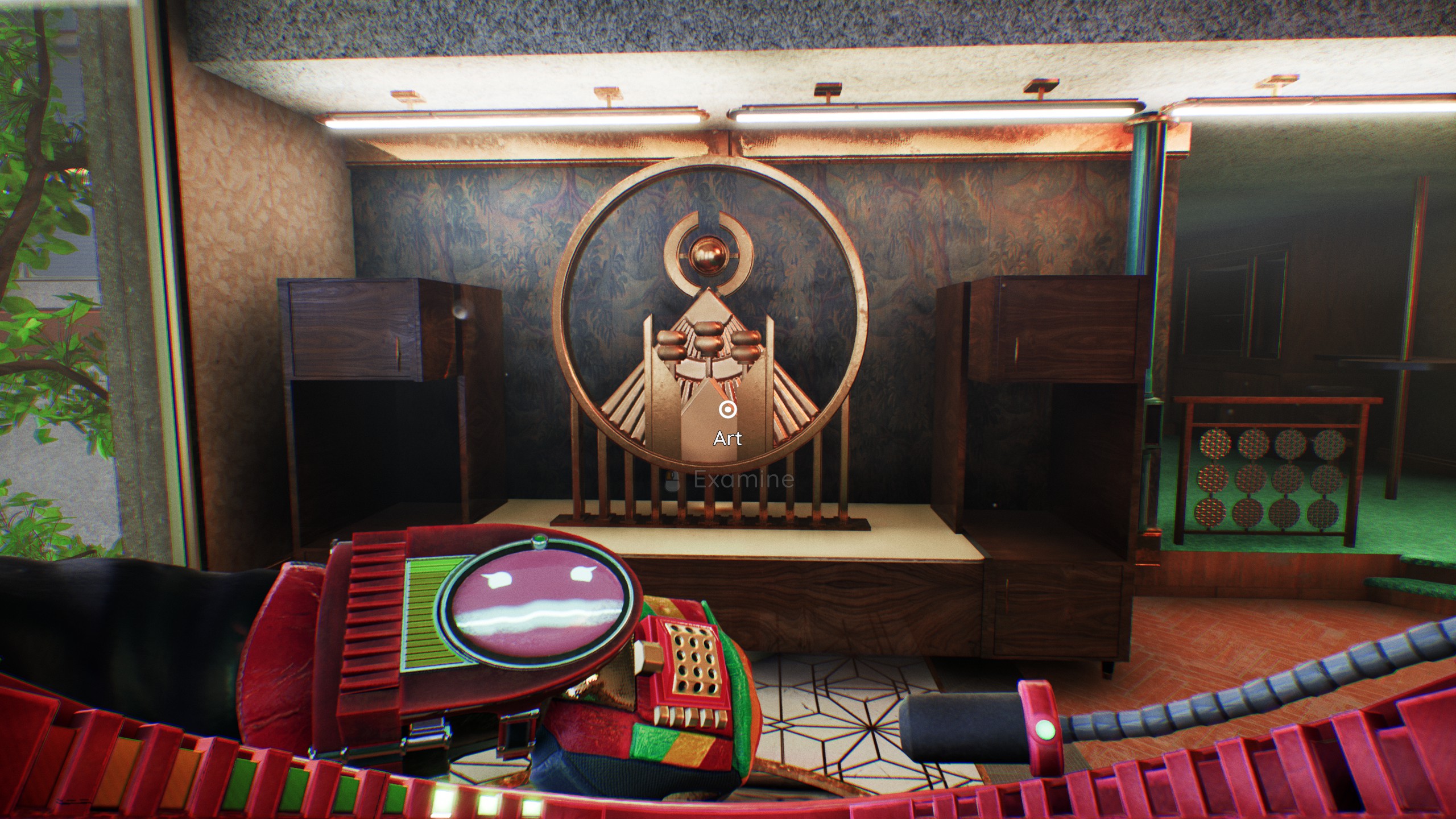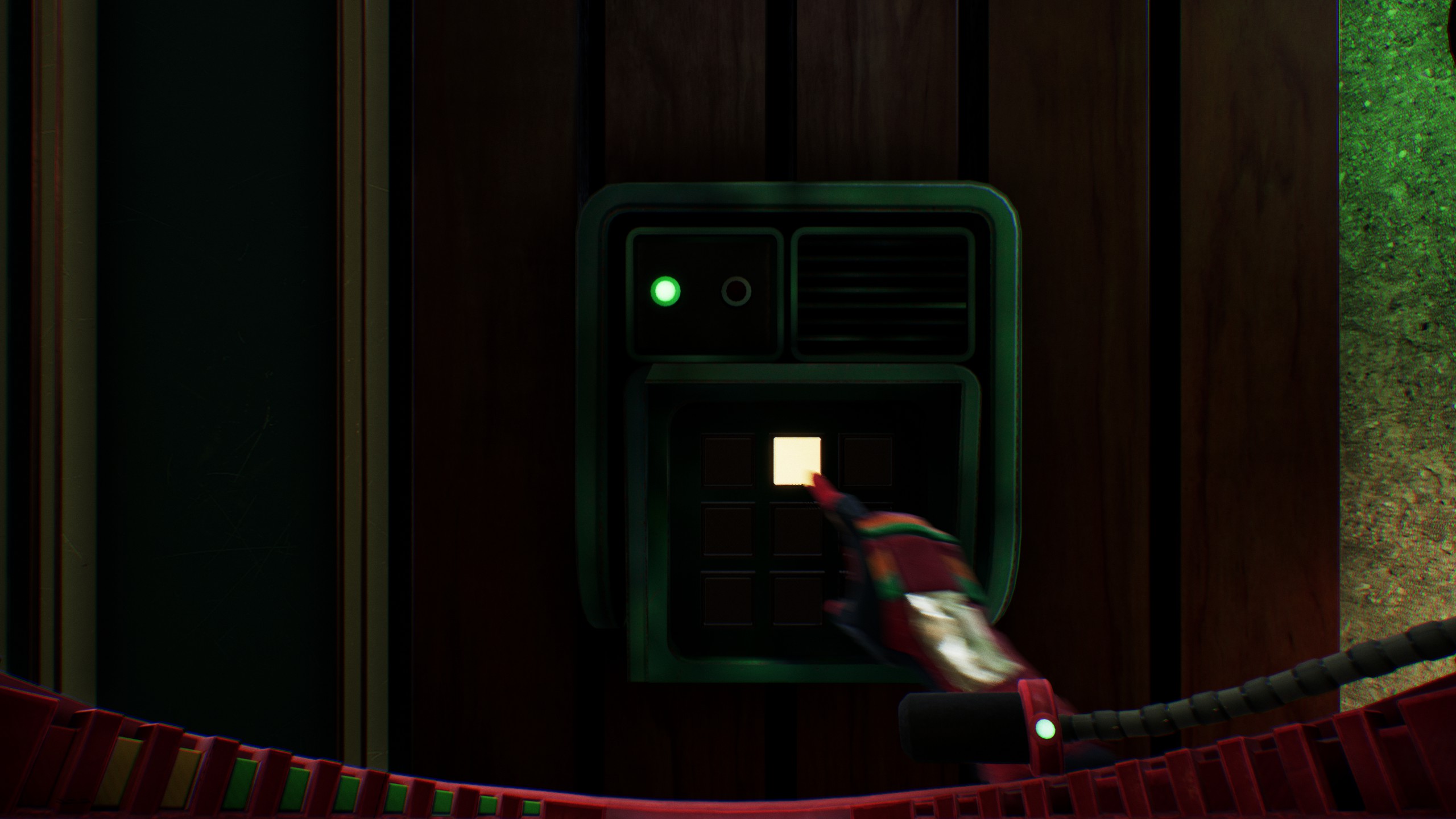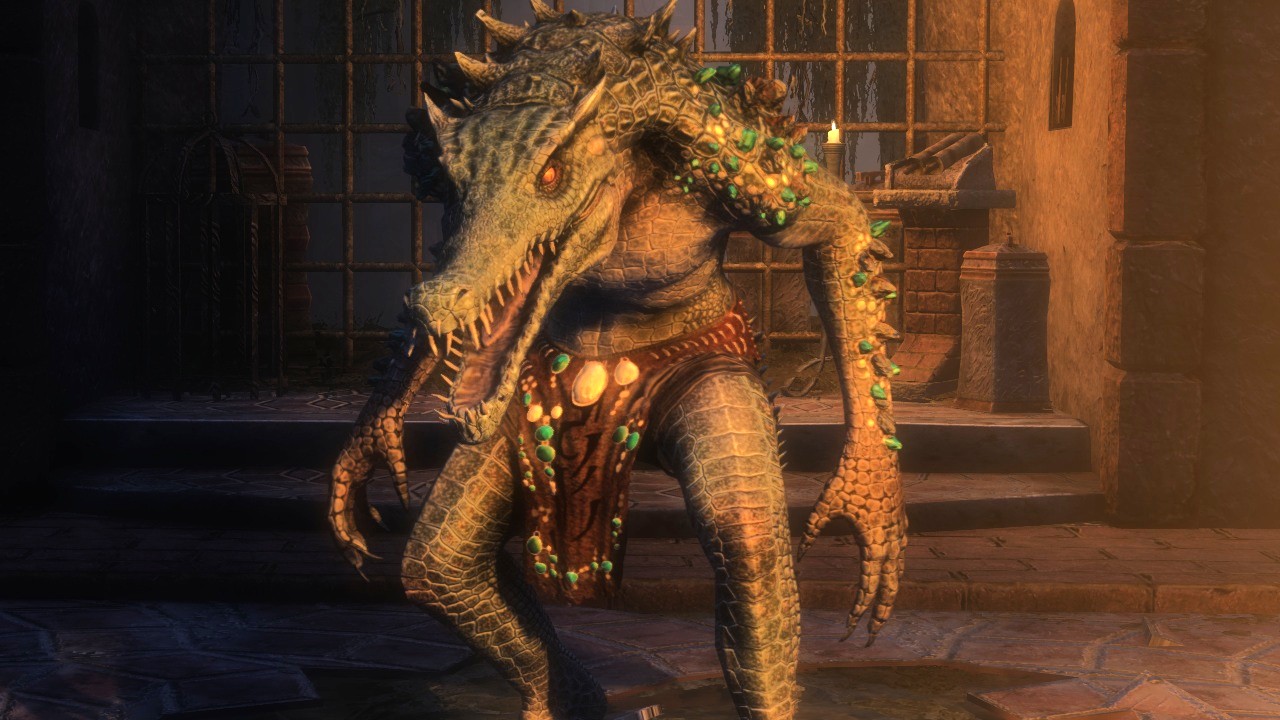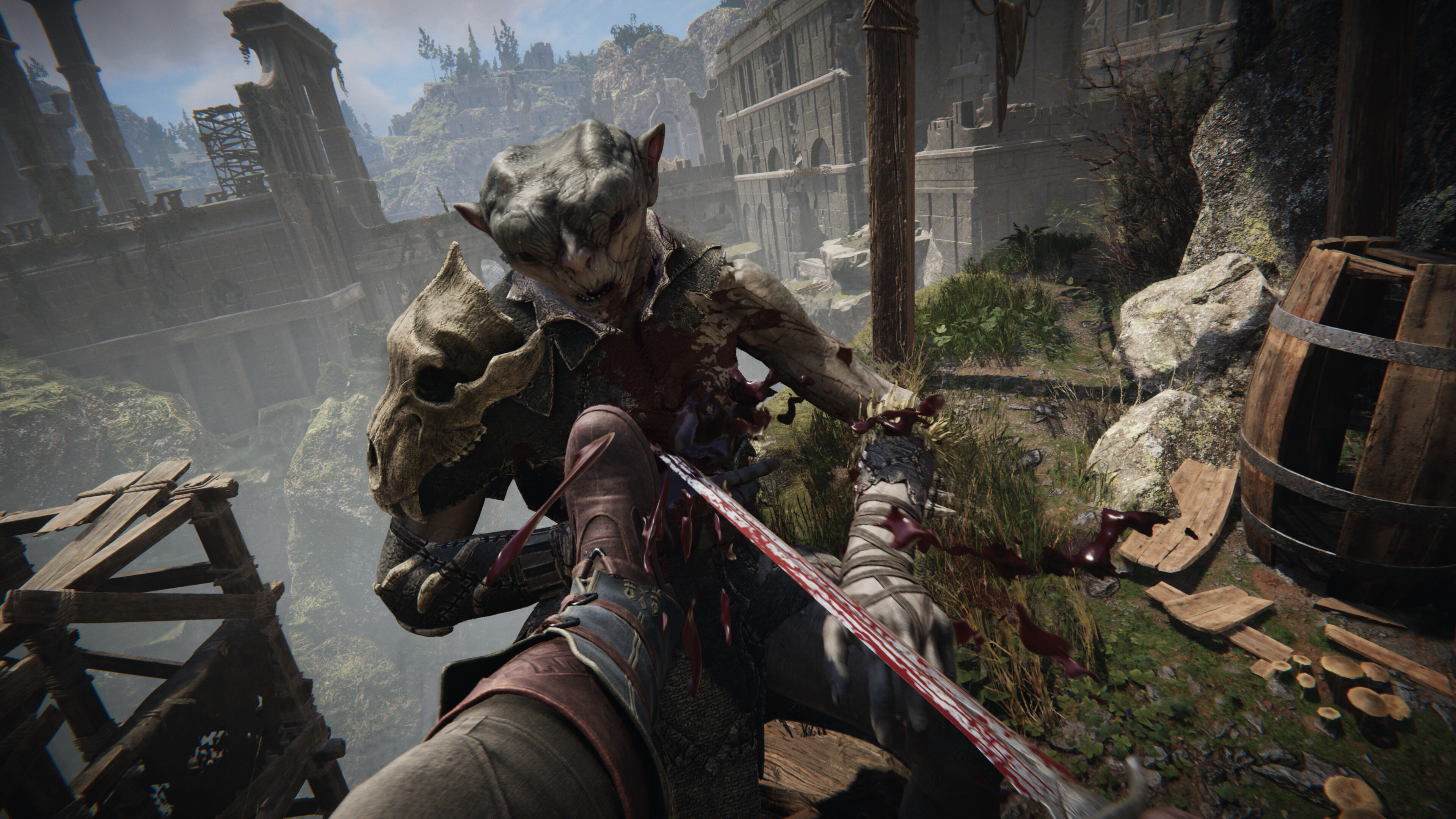
Graceful.
We’re checking out the hidden gems of Game Pass over the next few weeks, digging up all the obscure and esoteric games secreted away in our subscription and seeing how they play.
As someone who finds the horizon between rage and despair whenever he has to reboot a laptop, I suspect I wouldn’t be very good at the main character’s job in Return To Grace, a first-person narrative adventure (a lot of syllables to avoid saying ‘it’s like Gone Home’) from Creative Bytes that you could well have overlooked in your Game Pass sub. Her gig is to piece together the fragmented personality of an absconded AI god. I just don’t think I could do that. I get upset whenever I have to launch the command line.
But Adie—our hero—goes about her task with aplomb. She’s made the six-month journey to Ganymede, one of the moons of Jupiter, with the task of figuring out what happened to Grace—an artificial overlord that, hundreds of years ago, established peaceful dominion over the entire human race and put paid to strife, conflict, hunger and deprivation. Think of the Helios ending from Deus Ex and you pretty much have it.
The deal was pretty sweet right up until Grace mysteriously vanished 900-or-so years back, plunging humanity into a new dark age of, um, strife, conflict, hunger and deprivation. Think of the Tracer Tong ending from Deus Ex and you pretty much have it. Adie, an archaeologist, has spent a lifetime’s work piecing together where Grace came from so she can work out how to bring her back.
Inside out
There’s only a little trudging through the Ganymedian ice before you’re safely ensconced in the Spire, the majestic home base of a dead god that now lies dreaming and also some kind of really nice interplanetary Travelodge, which once played host to all manner of human guests in addition to housing the suzerain of the solar system.
It’s a lovely place, but it’s seen better days—all the systems from the doors to the life support to the in-house rail system have been off for centuries, and Adie’s archaeological training hasn’t really equipped her to deal with any of that. She needs help. Fortunately, elements of Grace still linger in the Spire’s subsystems. Her logic, her control, and her empathy are your first guides through the station, expanding into a roster of new characters as you mix and match those emotions into whole new people.
Being a Gone Home-like where most of your interactions consist of wandering around rooms and clicking things, Return To Grace lives or dies by the quality of its writing and performances. Lucky, then, that they’ve all been excellent in my time with the game. As you meander around the Spire, checking out the ornamentation and solving the odd puzzle, Grace’s fragmented personality bits will chime in from your wrist to offer help, admonishment, and therapy (in the case of empathy) constantly.
It’s almost Disco Elysium-esque as Grace’s brain-bits speak up to make fun of you for not knowing what the Phoenician letter taw looks like (it’s X, turns out), or to implore you to spread word of her return like an itinerant preacher, or to ask if you were a flower, what kind of flower you’d be.
It’s a style of writing that would be very easy to do wrong, and is done wrong all the time in other games and media, slipping over into grating, quippy, Marvel-ish dialogue. Return To Grace avoids that, threading the needle between humour and weightier stuff deftly. Heck, the extended sequence in which the empathy fragment pretty much walked me through an Apple Fitness meditation section actually made me laugh. In real life! Imagine.
It is still, uh, a walking simulator, of course. The puzzles aren’t much more than a bit of makework to give your hands something to do and to give Grace’s logic fragment an opportunity to make fun of you. Don’t come in expecting anything more interactive than a visual novel, but honestly? It’s a great example of the genre, and sadly overlooked if the paltry 61 reviews it has on Steam are anything to go by.
So if you’re on the hunt for a quick, narrative jaunt in our era of 100+ hour RPG titans and infinite live-service somethings, you could do a lot worse than Return To Grace. You can find it on Game Pass, Steam, and Epic.










